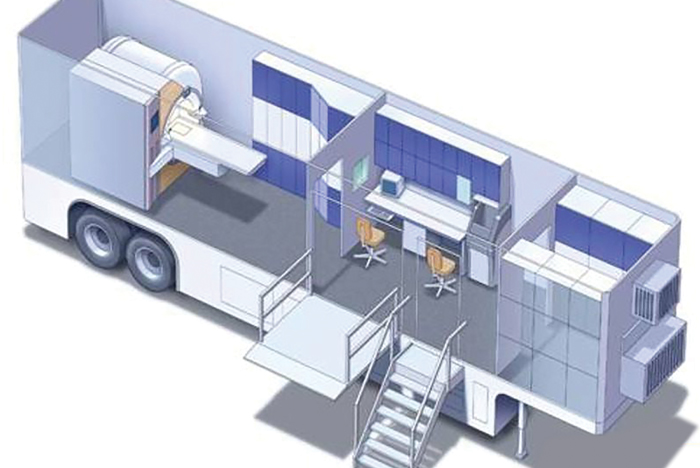Mobile Units: A Solution to the Health Problem

Across the country, clients staying in health deserts suffer from limited care access, as well as various other socioeconomic obstacles to health care. Yet mobile medical units are altering that, driving better client accessibility to care by drawing right into an individual’s area.
A mobile wellness facility is a standard medical professional’s workplace or examination space situated inside a bus, large van, or RV. These vehicle-based units belong to health and wellness systems or are able to be their own entities. They take a trip to medically underserved locations to help attach clients to care when individuals would have otherwise gone without care.
Mobile health clinics have become usual devices for wellness systems working to reach their otherwise unreachable client populations. According to a 2017 record, clients report many obstacles to accessing treatment:
- Fifty-three percent of low-income adults do not rely on healthcare
- Twenty-five percent lack transportation to clinical visits
- Twenty percent are prevented by high health care costs
- Eleven percent lack insurance coverage
- Others report social seclusion, financial, or racial obstacles, or language as well as social obstacles
Medical care companies made mobile health and wellness centers to satisfy these patients’ needs. The clinics appear in a patient’s area, making the experience a bit more reliable as well as practical.
Healthcare professionals are able to see the patients right there in the parking area. It’s a soothing setting. It’s a safe and secure atmosphere for them, and so they open to you.
Research affirms that story. A 2017 literature evaluation published in a Journal of Health noted that mobile health and wellness clinics make a strange healthcare environment extra familiar by being located right in a person’s community.
Qualitative research has discovered that client’s value Mobile Medical Units’ informal setting, hassle-free area, familiar atmosphere, and personnel that is easy to speak to.
Because MHCs make the initiative to literally drive right into communities, local members feel that the centers are reaching out to respect them, motivating them to take more charge of their very own health and wellness.
Mobile health centers are making their mark on healthcare, the Board of advisers reported. Presently, there have to do with 2,000 mobile health and wellness centers when traveling. The functional cost of these facilities is $429,000 annually. And with 6.5 million mobile health facility visits each year, return on investment appears at concerning $12 per individual.
Health care companies hosting mobile health facilities aren’t simply saving money; they are likewise making a breakthrough amongst the most vulnerable, safety-net populations. Sixty percent of the clients seeing mobile health facilities are without insurance, and an additional 31 percent have public insurance coverage.







